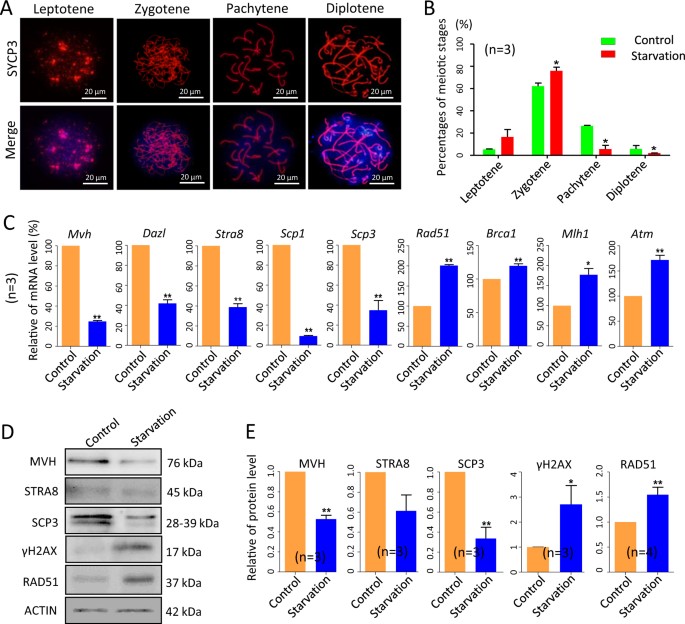The dearth of clinical trials for pregnant women often leaves them without proper medications or forces them to use drugs off-label, leading to potential risks. However, a recent study offers a glimpse into the future of pregnancy-safe gene therapies, providing crucial insights into the design of lipid nano particles LNPs for mRNA delivery during pregnancy.
Led by Kathryn Whitehead, a professor of chemical engineering and biomedical engineering at Carnegie Mellon University, the study delves into the structural considerations necessary for the development of safe gene therapies during pregnancy. LNPs serve as vehicles for delivering mRNA into cells, and understanding their behavior during pregnancy is essential for ensuring safety and efficacy.
Whitehead’s research sheds light on how pregnancy-induced changes alter the behavior of LNPs compared to non-pregnant individuals, particularly concerning the immune response. The study demonstrates that the effects of LNPs during pregnancy are dependent on their chemistry, with different lipid compositions yielding varying immune responses.
In exploring 260 different lipids, researchers identified materials that effectively deliver mRNA without causing immune responses, as well as those that hinder fetal development when inflammatory. Importantly, the study confirms that certain lipid nanoparticles do not cross the placenta, ensuring that therapies delivered to pregnant individuals remain localized and do not affect fetal development.
This research opens avenues for developing treatments for maternal disorders such as preterm birth and preeclampsia by delivering mRNA directly to the placenta. By understanding the structure-function relationship of lipid nanoparticles, researchers can predict which compositions are safe and effective, guiding the design of future pregnancy-safe treatments.
Collaboration with Magee-Womens Research Institute has been integral to the study, and ongoing research aims to further refine pregnancy-safe gene therapies. Whitehead anticipates that these findings will pave the way for innovative treatments for maternal disorders, potentially revolutionizing prenatal care within the next decade.
